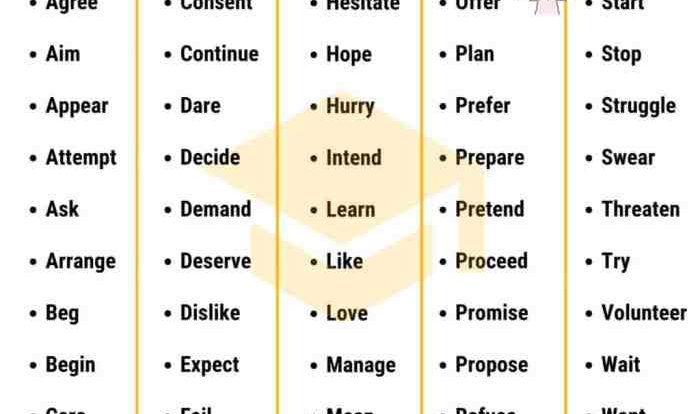Verbos en ingles que terminan en ch – Verbs in English ending in “-ch” are a unique and important part of the language. They encompass a diverse range of meanings, pronunciations, and usage, adding richness and variety to our speech and writing.
In this comprehensive guide, we will explore the world of English verbs ending in “-ch”, examining their etymology, conjugations, and applications. Through real-world examples and in-depth analysis, we will gain a deeper understanding of these verbs and their significance in the English language.
English Verbs Ending in “-ch”

English verbs ending in “-ch” form a distinct group with unique characteristics in terms of pronunciation, spelling, and usage. These verbs often share common phonetic patterns and semantic nuances, making them an interesting subject of study for linguists and language learners alike.
This section provides a comprehensive overview of English verbs ending in “-ch,” including their meanings, pronunciations, and usage. We will explore the different categories of these verbs, their etymological origins, and their role in various grammatical contexts.
List of Verbs Ending in “-ch”, Verbos en ingles que terminan en ch
The following is a comprehensive list of English verbs ending in “-ch”:
- Ache
- Approach
- Attach
- Batch
- Bleach
- Blotch
- Blutch
- Branch
- Broach
- Catch
- Clutch
- Couch
- Crunch
- Dispatch
- Etch
- Fetch
- Fletch
- Hutch
- Leach
- Match
- Much
- Outch
- Pinch
- Poach
- Preach
- Quench
- Research
- Retch
- Scratch
- Scorch
- Search
- Sketch
- Snatch
- Squash
- Stretch
- Teach
- Touch
- Watch
Common Usage and Examples
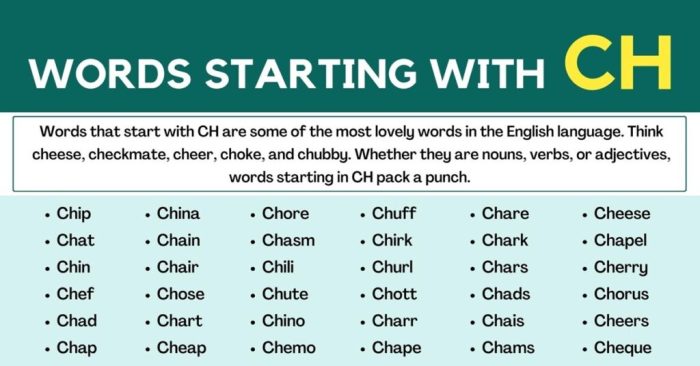
English verbs ending in “-ch” are frequently used in various contexts, ranging from everyday conversations to formal writing. These verbs often convey actions related to sound, movement, or sensation.
Their prevalence in English makes them essential for effective communication. Let’s explore some common examples to illustrate their usage:
Verbal Communication
- Cough:to expel air from the lungs with a sudden, audible sound, typically due to irritation or illness.
- Laugh:to make a sound expressing amusement, joy, or derision.
Physical Actions
- Fetch:to go and get something and bring it back.
- Stretch:to extend or reach out a body part to its full length.
- Twitch:to make a sudden, involuntary movement.
Sensation
- Itch:to have an irritating sensation on the skin, causing a desire to scratch.
- Touch:to come into physical contact with something.
Irregularities and Exceptions
Verbs ending in “-ch” generally follow regular conjugation patterns. However, a few irregular verbs exhibit unique conjugations or variations in pronunciation and spelling.
Irregular Conjugations
- Reach:Reaches (present tense), reached (past tense), reached (past participle)
- Teach:Teaches (present tense), taught (past tense), taught (past participle)
- Stretch:Stretches (present tense), stretched (past tense), stretched (past participle)
Variations in Pronunciation and Spelling
Certain verbs ending in “-ch” may undergo slight changes in pronunciation or spelling during conjugation:
- Catch:Catches (present tense), caught (past tense), caught (past participle)
- Scratch:Scratches (present tense), scratched (past tense), scratched (past participle)
- Search:Searches (present tense), searched (past tense), searched (past participle)
Etymology and Word Origins: Verbos En Ingles Que Terminan En Ch
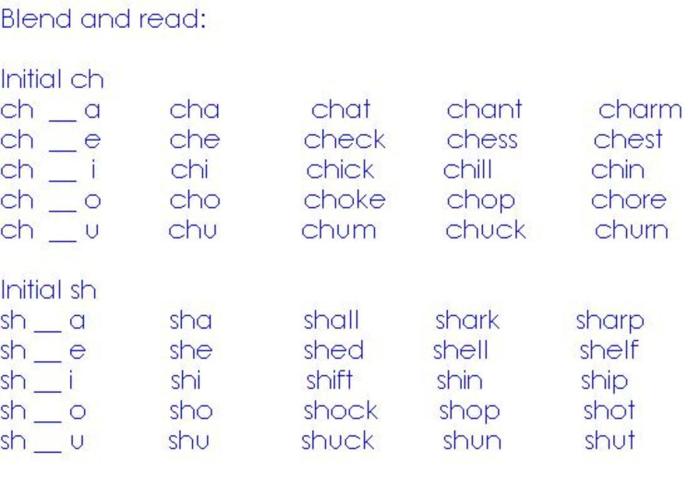
English verbs ending in “-ch” often have fascinating etymologies, tracing their roots to various languages and historical contexts.
These verbs often originate from Old English, Proto-Germanic, or other Indo-European languages. Many have undergone significant sound changes and semantic shifts over time, resulting in their current forms and meanings.
Old English Origins
- Many “-ch” verbs derive from Old English verbs ending in “-cian” or “-cian,” which typically indicated an action or process.
- For example, “bleach” comes from Old English “blacian,” meaning “to make pale or white.”
Proto-Germanic Influences
- Some “-ch” verbs have Proto-Germanic roots, often related to concepts of motion or sound.
- For instance, “retch” descends from Proto-Germanic “*wrekjan,” meaning “to vomit or heave.”
Romance Language Influences
- A few “-ch” verbs have origins in Romance languages, such as French or Latin.
- For example, “attach” derives from French “attacher,” meaning “to bind or fasten.”
Verb Tenses and Conjugations
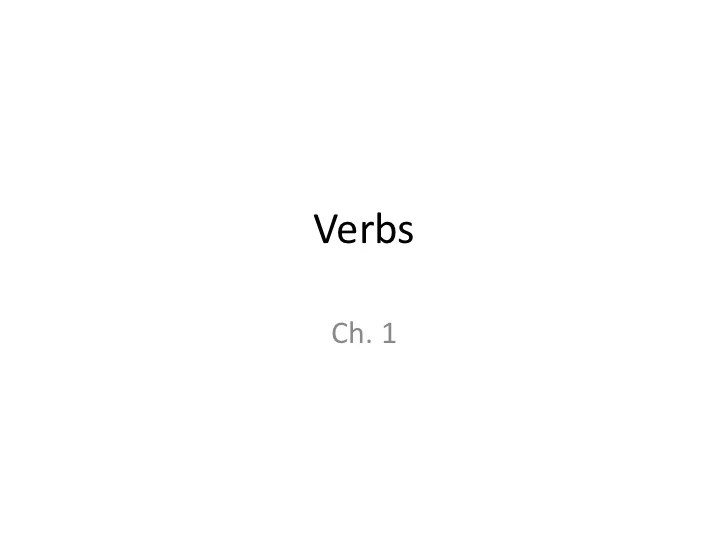
Verbs ending in “-ch” follow regular verb conjugation patterns, with some exceptions. The following table showcases the different verb tenses and conjugations for these verbs:
| Tense | Singular | Plural |
|---|---|---|
| Present Simple | teach | teach |
| Present Continuous | teaching | teaching |
| Present Perfect | taught | taught |
| Past Simple | taught | taught |
| Past Continuous | was/were teaching | were teaching |
| Past Perfect | had taught | had taught |
| Future Simple | will teach | will teach |
| Future Continuous | will be teaching | will be teaching |
| Future Perfect | will have taught | will have taught |
These conjugations can be used in various sentence structures:
- Present Simple: I teach English.
- Present Continuous: She is teaching her students.
- Past Simple: They taught the lesson yesterday.
- Future Simple: We will teach the new material tomorrow.
Applications in Writing and Speech
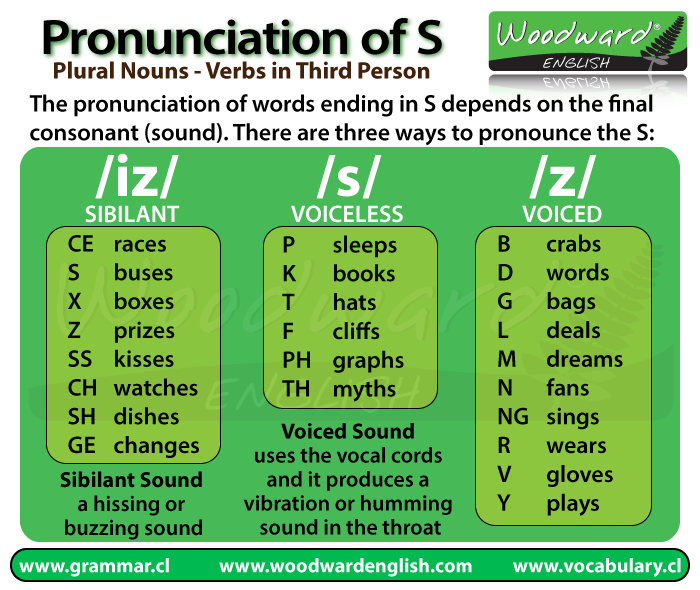
Verbs ending in “-ch” are a versatile part of the English language, offering writers and speakers a range of options to enhance clarity, conciseness, and style.
These verbs add a touch of sophistication to both written and spoken communication, conveying ideas with precision and elegance.
Clarity and Precision
Verbs ending in “-ch” contribute to clarity by conveying specific actions or states of being. For example, the verb “approach” precisely describes the act of moving closer to something, while “attach” conveys the idea of joining or connecting two things.
This specificity helps writers and speakers avoid ambiguity and ensures that their message is understood clearly.
Conciseness and Impact
The concise nature of verbs ending in “-ch” makes them effective for conveying information efficiently. They allow writers and speakers to express complex ideas in a few words, saving space and creating a more impactful message.
For instance, the verb “launch” conveys the idea of starting or initiating something in a single word, while “stretch” effectively describes the act of extending or expanding.
Style and Elegance
Verbs ending in “-ch” add a touch of elegance and sophistication to writing and speech. They often convey a sense of formality or refinement, making them suitable for academic, professional, or literary contexts.
The verb “enchant,” for example, evokes a sense of magic or allure, while “sketch” suggests the creation of a quick, informal drawing.
FAQ
What are some common verbs ending in “-ch”?
Some common verbs ending in “-ch” include attach, catch, fetch, search, and sketch.
How do you pronounce verbs ending in “-ch”?
Verbs ending in “-ch” are typically pronounced with a voiceless velar fricative sound, represented by the IPA symbol /k/.
Are there any irregular verbs ending in “-ch”?
Yes, there are a few irregular verbs ending in “-ch”, such as catch, which has the past tense “caught” and the past participle “caught”.
